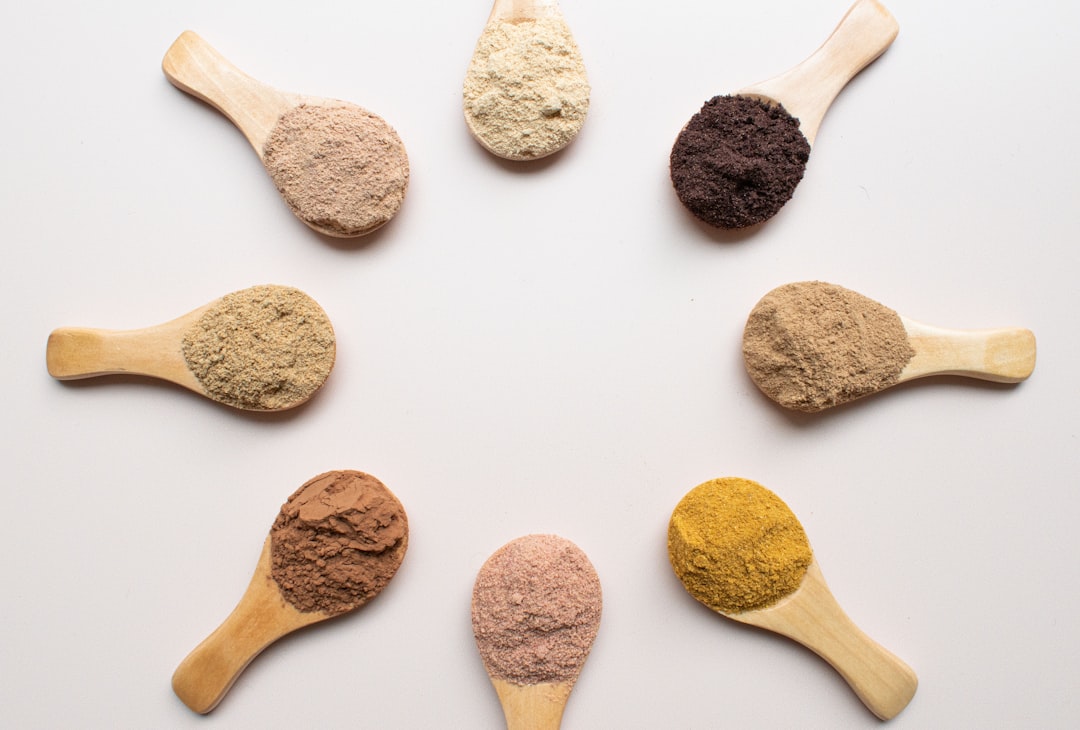Will Protein Make Me Too Muscular?
Share
When you step into the world of fitness nutrition, protein supplements are a common sight. However, a frequently asked question by many beginners is: "Will consuming protein make me too muscular?" This concern stems from common misconceptions about protein and muscle building. Let's clear the air with a detailed, science-based exploration.

The Role of Protein in Muscle Building
At the heart of muscle building is protein, a crucial component in the diets of fitness enthusiasts. But what role does it really play? Primarily, protein is not a magical substance that causes excessive muscle growth overnight. Instead, it stimulates muscle protein synthesis – a fancy term for how your body uses protein to repair and build muscle tissues. This process is vital for those who regularly engage in strength training or endurance exercises.
Protein powders or products containing ingredients like whey protein offer a convenient and affordable way to meet your daily protein needs. They are particularly essential for those looking to enhance their muscle strength and size, providing a quick and easy source of high-quality protein.
The Importance of Calories and Nutrients
Muscle growth is more than just protein intake. It's a delicate balance of overall nutrition and calorie consumption. Building muscle requires a surplus of calories; simply put, you need to consume more calories than you burn. This is where a well-rounded diet becomes crucial. Healthy carbohydrates and fats play a significant role in providing the energy needed for your workouts and maintaining a balanced calorie level essential for muscle mass gain.
At its core, muscle protein synthesis is the process where your body uses amino acids (the building blocks of protein) to construct new muscle tissue. This happens not only when you’re at the gym lifting weights but also when you’re resting. The process is about repair and strengthening, making your muscles more resilient and stronger over time.
One of the key questions is, how much protein is enough? The answer varies depending on your body weight and fitness goals. Generally, around 3 grams of leucine per serving is advised to maximize muscle protein synthesis. Leucine is an essential amino acid and a critical player in building muscle. For muscle building, the recommended daily protein intake is about 1.8 to 2.0 grams per kilogram of body weight. This ensures that your muscles have enough raw material for growth and repair.
Debunking the Myth of Becoming Too Muscular
Let's address the elephant in the room: the fear of becoming too muscular from protein. The truth is, gaining significant muscle mass requires a lot more than just protein intake. It demands extensive dedication, including rigorous training routines and a strict diet plan. Protein helps in achieving a toned and strong physique, but excessive bulkiness is not a straightforward outcome of high protein consumption. Factors like training intensity, carbohydrate intake, and overall lifestyle play pivotal roles in determining muscle size.
To sum up, while protein supplementation is an effective aid in muscle building, it's not a one-stop solution to becoming excessively muscular. Achieving a significantly muscular physique requires a specific and dedicated regimen of training and nutrition. Simply including protein supplements as part of a balanced diet, while beneficial for muscle development, is unlikely to result in extreme muscularity. Remember, each body is unique, and your journey towards a healthier, stronger self is personal and distinct.

